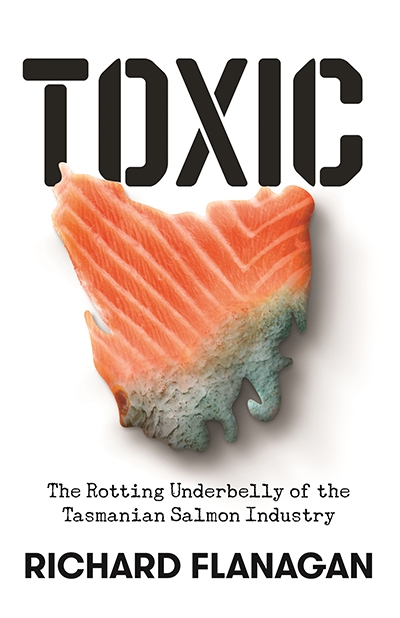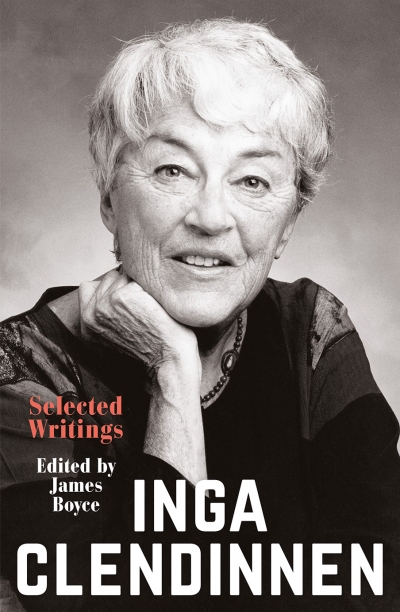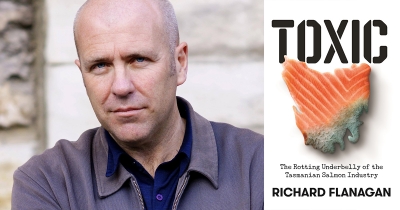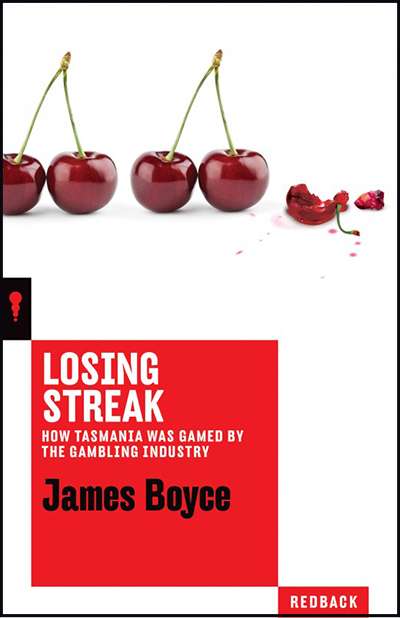James Boyce
Toxic: The rotting underbelly of the Tasmanian salmon industry by Richard Flanagan
by James Boyce •
Richard Flanagan's new work, Toxic, is a startling exposé on Tasmania's salmon farming industry. From genetically altered 'frankenfish' to the use of dangerous chemicals to turn 'dead-grey flesh a marketable red', the industrial machinations uncovered in Flanagan's new work are stomach-churning. As James Boyce writes in his review, 'After the publication of Toxic, I doubt Tasmania will ever be the same again.'
... (read more)Losing Streak: How Tasmania was gamed by the gambling industry by James Boyce
by Michael Winkler •




